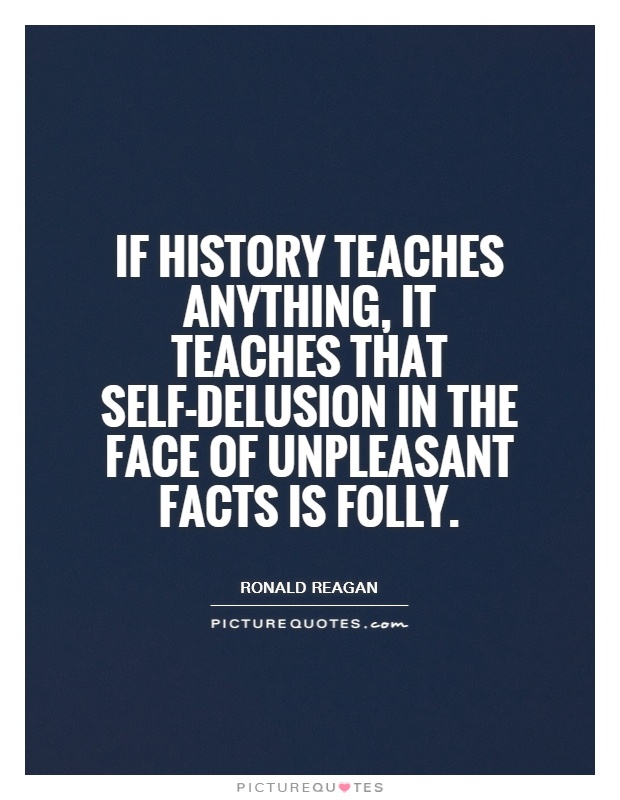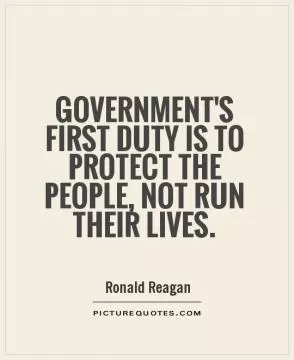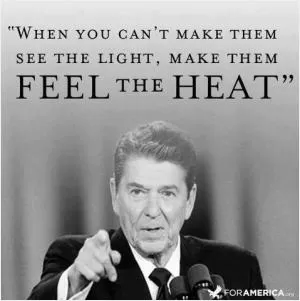If history teaches anything, it teaches that self-delusion in the face of unpleasant facts is folly

If history teaches anything, it teaches that self-delusion in the face of unpleasant facts is folly
Ronald Reagan, the 40th President of the United States, is often remembered for his optimistic and charismatic leadership style. However, his presidency was not without its controversies and challenges. One of the most notable aspects of Reagan's presidency was his approach to dealing with unpleasant facts and his tendency towards self-delusion.Throughout his time in office, Reagan faced numerous difficult situations, both domestically and internationally. One of the most significant challenges of his presidency was the Iran-Contra affair, in which members of his administration were found to have secretly sold weapons to Iran in exchange for the release of American hostages and used the proceeds to fund anti-communist rebels in Nicaragua. Despite overwhelming evidence of wrongdoing, Reagan initially denied any knowledge of the scheme and attempted to downplay its significance.
This episode is a clear example of Reagan's tendency towards self-delusion in the face of unpleasant facts. Instead of acknowledging the wrongdoing of his administration and taking responsibility for their actions, Reagan chose to ignore the evidence and maintain his innocence. This ultimately damaged his credibility and tarnished his legacy as president.
In addition to the Iran-Contra affair, Reagan's economic policies also demonstrated a certain level of self-delusion. Reagan famously championed supply-side economics, also known as "trickle-down" economics, which posited that tax cuts for the wealthy would stimulate economic growth and benefit all Americans. However, the reality was that these policies disproportionately benefited the wealthy and contributed to growing income inequality in the United States.
Despite mounting evidence to the contrary, Reagan continued to promote his economic policies and ignore the negative consequences they were having on the country. This refusal to acknowledge the unpleasant facts of his policies ultimately led to economic hardship for many Americans and a widening wealth gap.












 Friendship Quotes
Friendship Quotes Love Quotes
Love Quotes Life Quotes
Life Quotes Funny Quotes
Funny Quotes Motivational Quotes
Motivational Quotes Inspirational Quotes
Inspirational Quotes